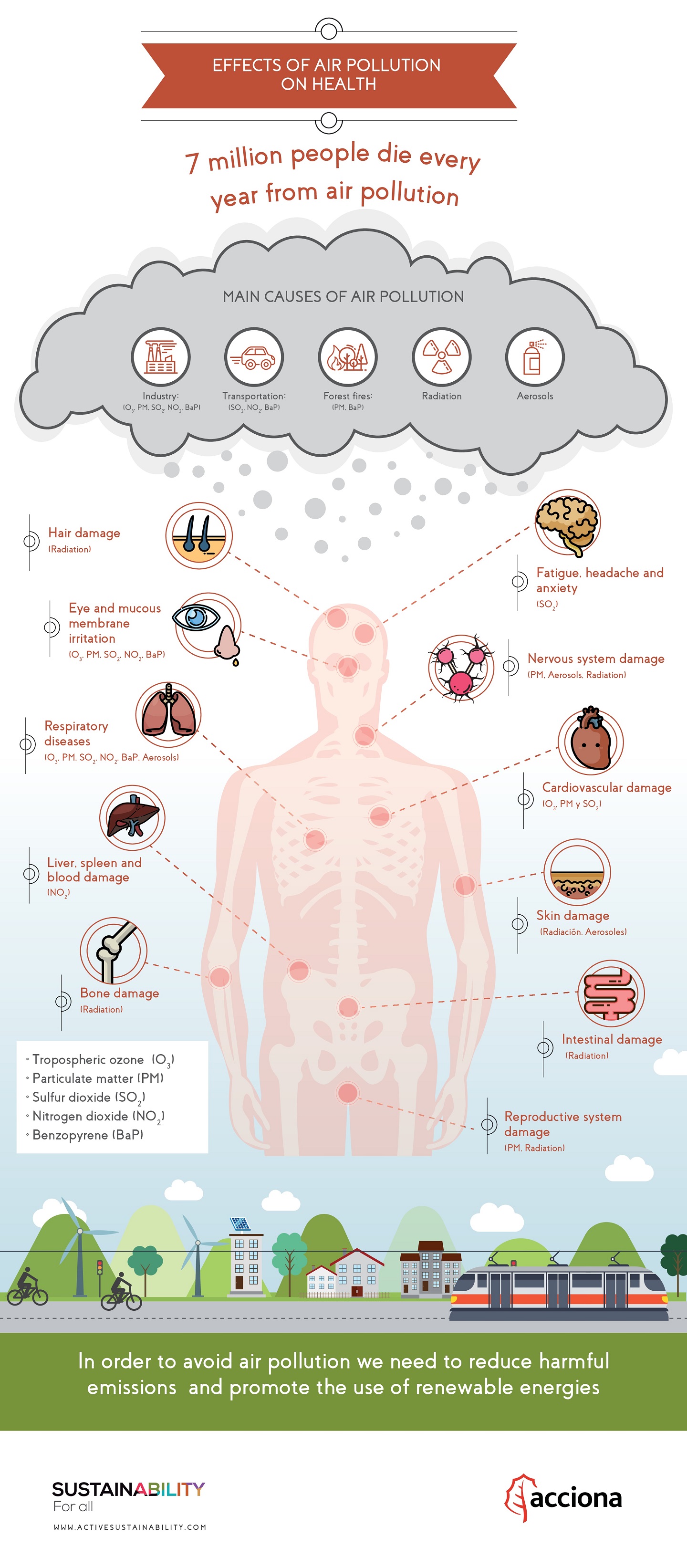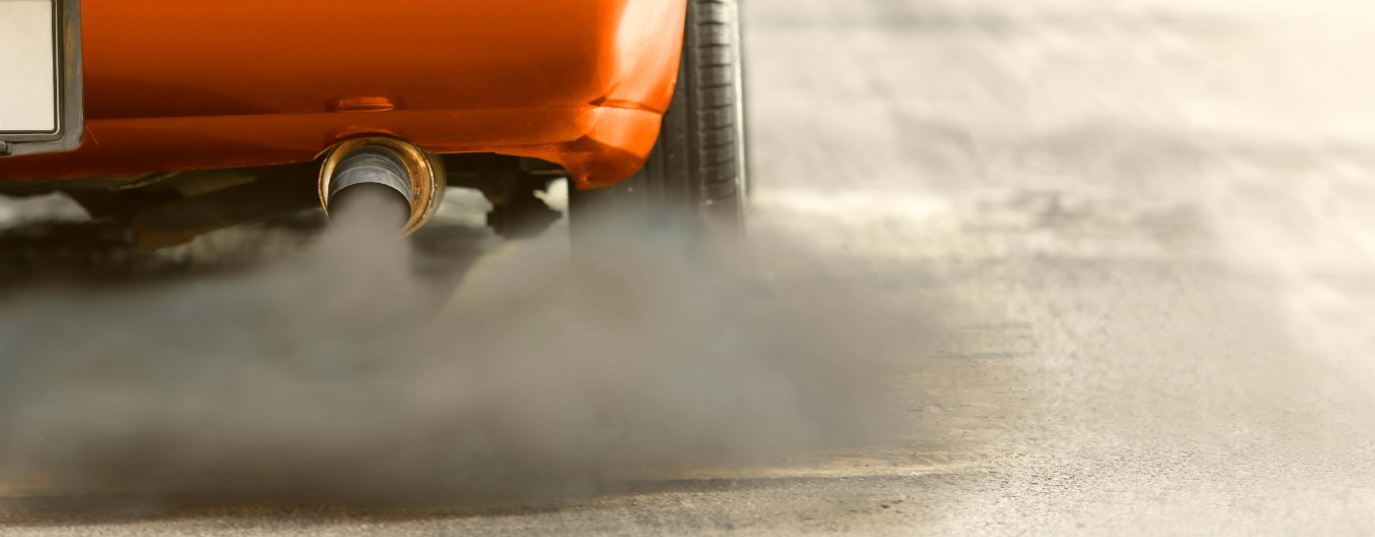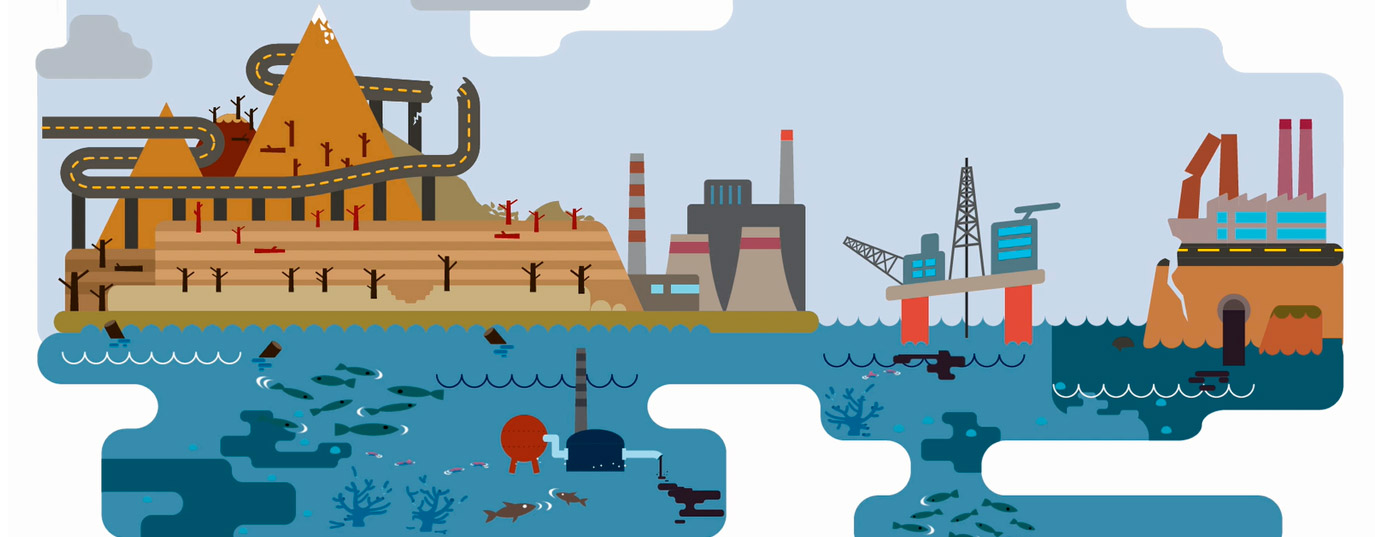The effects of air pollution on human health
A major study links pollution in cities with deaths of elderly and sick people on a daily basis. In this infographic you can know how it affects human beings.
A major study on urban pollution carried out in 650 cities worldwide has confirmed the fear that air pollution impacts on human health in the short term and is directly linked to the deaths of elderly people and those already suffering from illness on a daily basis.
The study, performed by an international team of 50 scientists and published in the specialist New England Journal of Medicine, gathers data on cities in 24 countries, including Mexico City, New York City, London and Madrid. The research focuses on two kinds of ambient suspended particles, emitted mainly from car exhausts: PM10, able to penetrate lungs; and PM2.5, which can enter the blood.
The authors of this macro study link the daily increase in these particles to the increase in daily mortality for all causes, and an increase in death due to respiratory and cardiovascular problems.
Quality of air, quality of life
It has been proven that air quality affects human health. Living in a pollution-free environment signifies a better quality of life, but do we really know how air pollution affects us and which parts of our bodies are damaged by each kind of polluting particle?
Air pollution causes around seven million deaths a year worldwide. Growth and concentration of the population in cities, as well as the way in which we consume energy in urban areas through transport or heating and air conditioning systems, among others, result in the emission of huge quantities of gases that are harmful to our health.
How does air pollution affect our health?
Our physical and psychological wellbeing is affected differently by the kind of air pollution we are exposed to. There are many organs and bodily functions that can be harmed, the consequences including:
- Respiratory diseases
- Cardiovascular damage
- Fatigue, headaches and anxiety
- Irritation of the eyes, nose and throat
- Damage to reproductive organs
- Harm to the liver, spleen and blood
- Nervous system damage.
Urban populations are more exposed to suffer the effects of air pollution and, in this context, people who are already ill are particularly vulnerable, as are children and the elderly.
Discover how humans are affected by air pollution in the graphic:
Main causes of air pollution
Emissions from different transport modes, the burning of fossil fuels, industrial production, forest fires, aerosol use and radiation fare some of the main causes of air pollution.
Such sources of emissions liberate gases and substances that are toxic for human beings, the most harmful of which are: tropospheric ozone (O3), sulphur dioxide (SO2), nitrogen dioxide (NO2), benzo(a)pyrene (BaP) and suspended particulate matter (PM).
How to tackle air pollution
To alleviate the negative effects of atmospheric pollution on health, the World Health Organization (WHO) and the Climate and Clean Air Coalition (CCAC) – made up of the United Nations Environment Programme (UNEP) and 54 nations, among other agencies – launched the BreatheLife initiative.
This is a program that aims to “aims to mobilize cities and individuals to protect our health and our planet from the effects of air pollution” and which has fixed the objective of cutting by half the number of deaths linked to air pollution before 2030.
Actions will be local and focused on improving transport, waste management, indoor air quality, energy supply, industry, food and agriculture.
Sources: El País, Organización Mundial de la Salud, Ecodes y BreatheLife.








